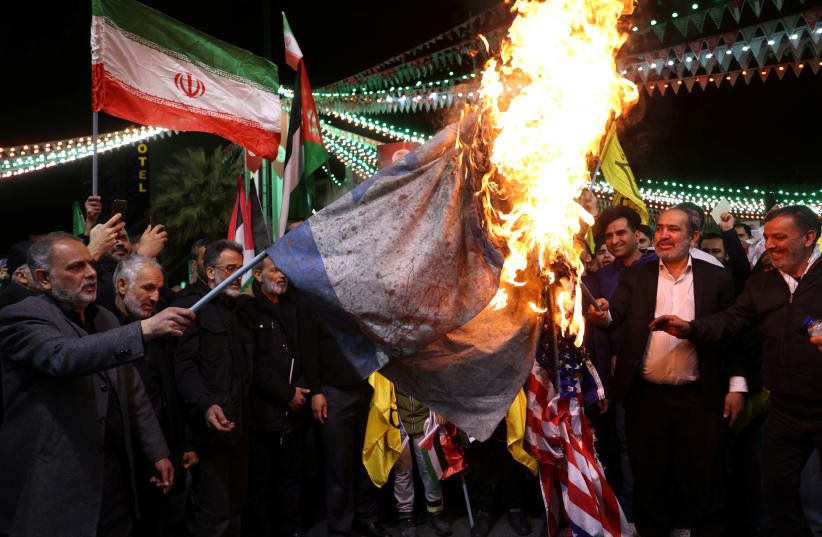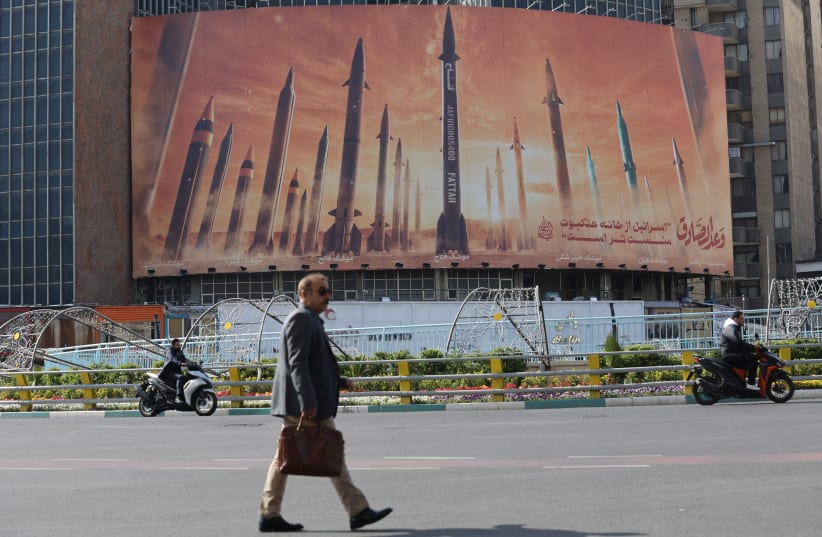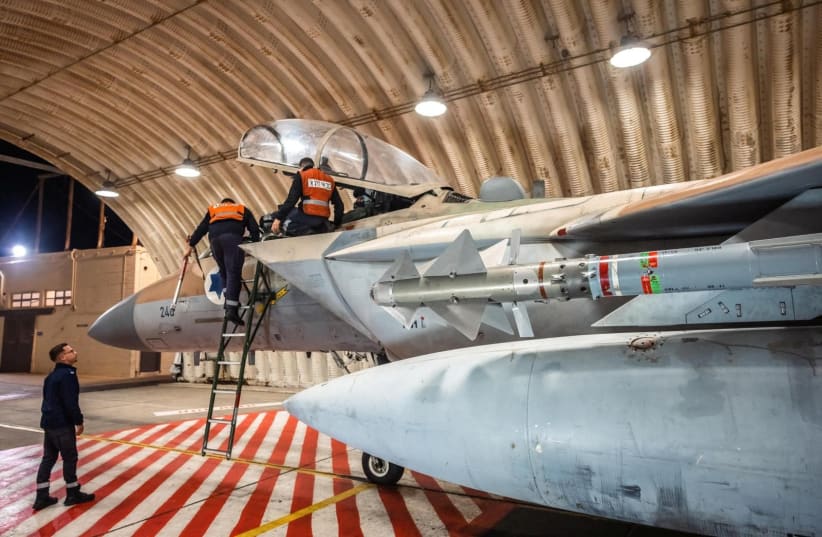Foreign
Iranian ballistic missiles arrives Niger, may pose serious threats to Nigeria

Iranian ballistic missiles have reportedly arrived in Niger Republic following the alleged looming invasion of ECOWAS.
Iran has been developing missiles since the 1980s, and today, the country continues to increase the range and precision of its missiles. It also continues to work with both liquid and solid fueled missiles. Iran also continues to work on missiles that can launch satellites, and it is working on cruise missiles and precision guided munitions.

What this essentially means is that Iran has a plethora of options when it comes to fielding weapons that can threaten Israel, the US, and also countries in the region and in Europe and Asia.
A missile defense system, also known as a missile shield, is a collection of technologies and strategies designed to intercept and destroy incoming ballistic missiles. These systems aim to protect a region, country, or specific targets from potential missile attacks by detecting and neutralizing the threat before it reaches its intended destination.
Various methods such as ground-based interceptors, sea-based interceptors, and airborne lasers are employed to counteract different types of missile threats. Here are some disadvantages of not having a missile defence system.
Vulnerability to Missile Attacks: Without a missile defense system, a nation becomes more vulnerable to missile attacks, which can target critical infrastructure, military installations, and civilian populations.
This can result in significant damage, casualties, and disruption.
A missile defense shield can act as a deterrent by reducing an adversary’s confidence in the success of their missile attacks. Without this deterrence, other nations may be more inclined to threaten or carry out missile strikes.
Without a missile defense system, a nation’s strategic options in response to missile threats become limited. This can impact decision-making during times of crisis and potentially lead to escalation.
In the absence of a missile defense shield, a nation may need to allocate resources to repair and rebuild after missile attacks. This can impose substantial economic costs, affecting development and stability. Lack of missile defense can result in political pressure and demands from citizens for increased security measures, potentially affecting the government’s credibility and popularity.
A nation without a missile defense shield might contribute to regional instability if neighboring countries perceive it as a weak link in the security chain, potentially leading to conflicts or arms races.
The absence of a missile defense shield can create a technological imbalance, favoring nations with advanced missile capabilities and potentially giving them an advantage in negotiations or conflicts.
Depending on the nation’s reliance on others for defense, not having a missile defense shield could compromise its national sovereignty by relying on external assistance in times of crisis. Overall, having a missile defense shield provides a layer of protection against missile threats, enhances deterrence, and contributes to a nation’s security and stability.
Here are some targets the enemy will aim at when they know you have no missile defence system. In a conflict scenario where a country lacks a missile defense system, the enemy might target a range of critical assets and infrastructure to maximize their impact. Some main targets could include:
Enemy missiles might target military bases, airfields, naval ports, and command centers to cripple the opponent’s ability to launch counterattacks and defend itself. Key government buildings, including presidential palaces, ministries, and intelligence headquarters, could be targeted to disrupt governance and decision-making.
Industrial complexes, power plants, refineries, and transportation hubs may be targeted to weaken the opponent’s economy and infrastructure.
Major cities and urban areas might be hit to cause widespread chaos, panic, and damage, impacting both civilian populations and morale.
Communication centers, satellite facilities, and data centers could be targeted to disrupt the opponent’s ability to coordinate and gather intelligence. Bridges, tunnels, dams, and other critical infrastructure could be attacked to hinder movement, transportation, and resource management.
These targets may be attacked for symbolic reasons, aiming to undermine the opponent’s identity and cultural heritage.
Enemy missiles might aim for densely populated areas to cause casualties, displacement, and humanitarian crises.
If known, the enemy might target any existing defensive capabilities, such as anti-aircraft systems and naval assets, to reduce the opponent’s ability to defend against further attacks.
If the opponent has any missile capabilities, the enemy might target these launch sites to limit the opponent’s ability to retaliate.
It’s important to note that the choice of targets would depend on the strategic goals of the attacking country, the nature of the conflict, the opponent’s capabilities, and the specific geopolitical context.
A missile defense system can play a crucial role in intercepting and neutralizing incoming threats, mitigating the impact of such attacks.
culled from Thisweek

























